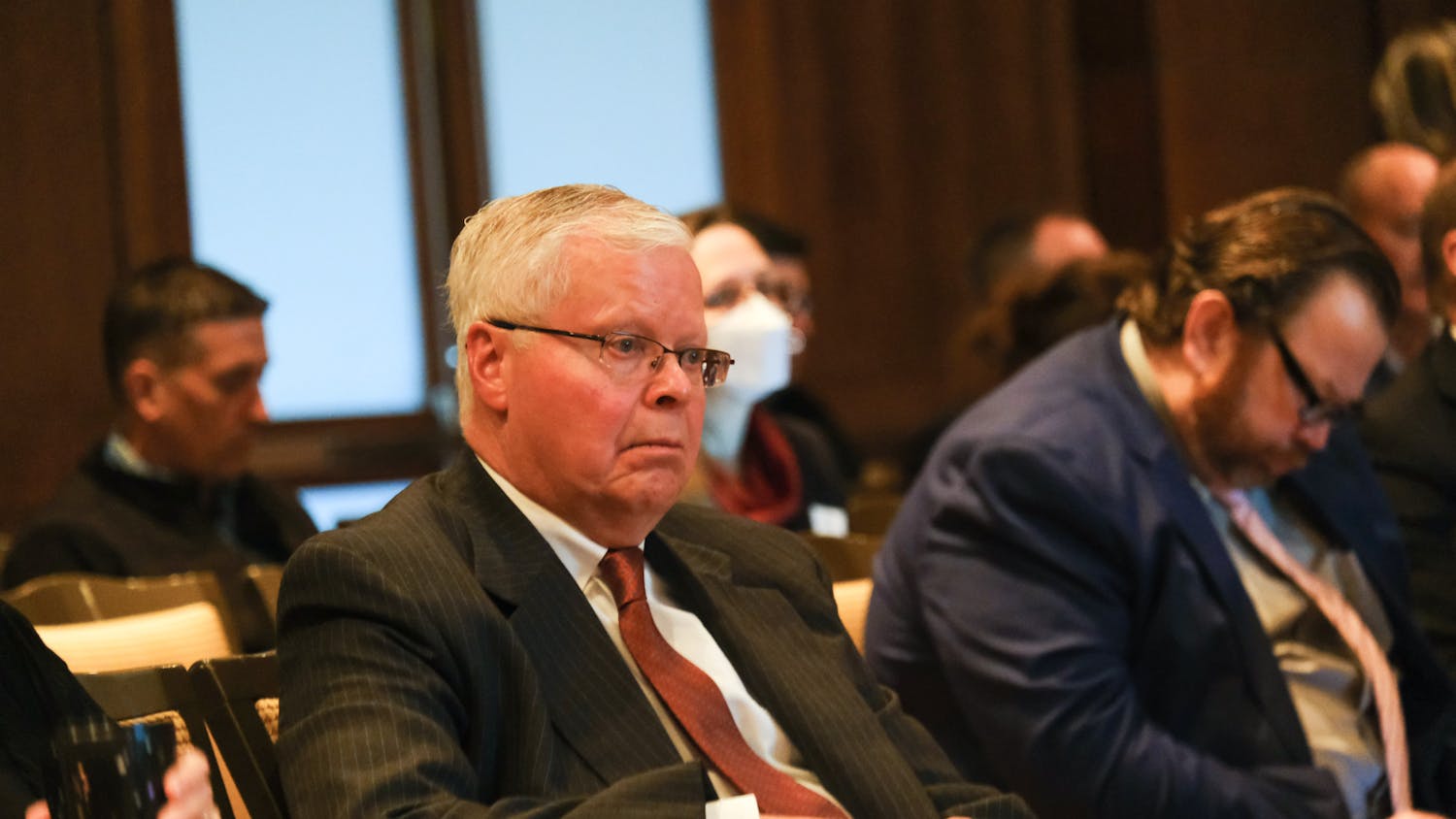From manipulating objects several atoms thick to using physics to find a cure for brain cancer, some of the most revolutionary research on campus is being conducted by women. As part of the \Celebrating Women of Science"" program, five female UW-Madison scientists summarized their research in a public discussion Saturday.
Organizers said the timing of the program had nothing to do with the firestorm ignited in January by Harvard University President Lawrence Summers. In comments later softened, Summers suggested there are more men than women in math and science careers because of innate differences between the genders.
""We planned this way before [Summers'] comments,"" said UW-Madison chemistry Professor Bassam Shakhashiri, whose Wisconsin Initiative for Science Literacy sponsored the program. ""There's great research being done here by men and women, and we wanted to highlight what different groups are doing.""
UW-Madison physics Professor Pupa DeStasio opened the lecture with a discussion of how Einstein's photoelectric effect could help doctors treat glioblastomas, a currently incurable brain cancer that kills, on average, within 10 months. Using the element gadolinium, her team creates a compound that binds to the glioblastoma. Then doctors apply radiation at an energy that only gadolinium absorbs, which means all the radiation gets concentrated at the site of the cancer.
""This applies a maximum dose to the tumor and a minimum dose to the normal brain tissue,"" DeStasio said. ""It kills the cancer cell with a clean death, meaning the pieces of destroyed tumor don't spread and infect other cells.""
Another speaker discussed the psychology of why we feel hungry even when we ingest more calories than necessary. Ann Kelley, UW-Madison professor of psychiatry, studies the neural basis for hunger.
""Our body and brain systems are ancient, developed hundreds of millions of years ago,"" Kelley said, noting even bacteria actively swim toward sugar. ""Even though food is all around us now, our neural impulses haven't caught up.""
These impulses were probably helpful for our ancestors who had an incentive to eat as much as they could. We are still wired to feel the same way, though we no longer need to be.
UW-Madison Chancellor John Wiley said women are vital in science research, noting that female undergraduate students have an average GPA 0.2 points higher than males, and more women graduate in four years than men.
""In every single major, every year, women outperform men,"" he said. ""There's not even a starting point for the hypothesis that women are not innately talented in math and science.\





